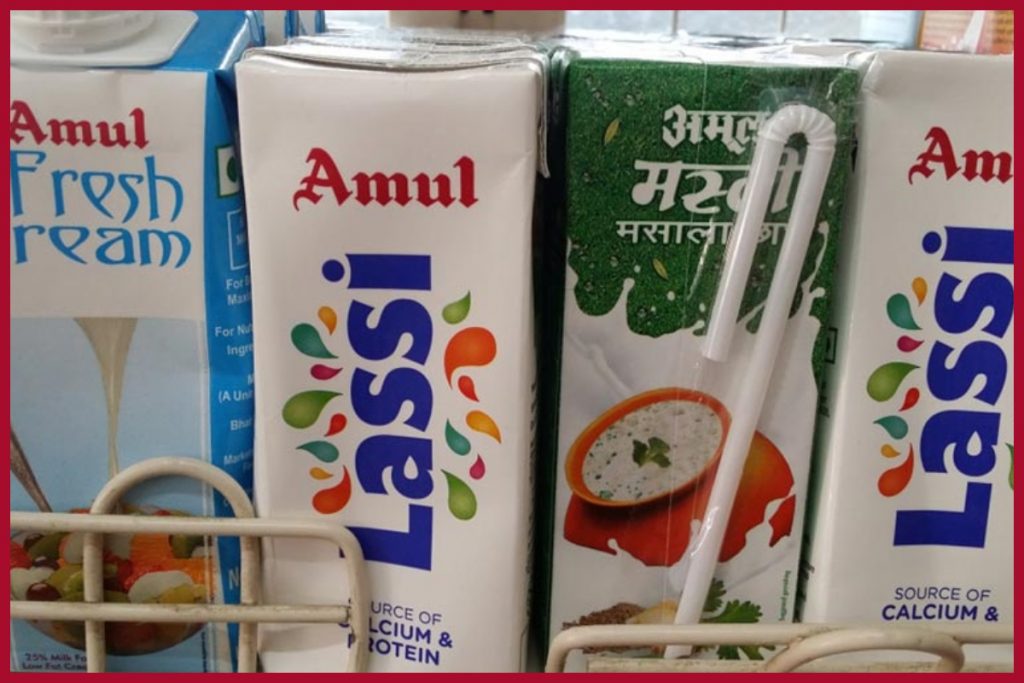New Delhi: Ahead of the ban on single-use plastic coming into effect in India, the beverage companies led by Amul and Parle Agro have sent a petition to the government to delay the ban in the country. In the petition, the companies said they need more time before they can set up the infrastructure to replace plastic straws with paper straws for consumers.
Notably, the ban will be put into effect from July 1 which was announced by the Ministry of Environment, Forest and Climate Change last year on August 13.
According to the information provided by the government, earbuds with plastic sticks, plastic sticks for balloons, plastic flags, candy sticks, ice-cream sticks, polystyrene [Thermocol] for decoration, plates, cups, glasses, cutlery such as forks, spoons, knives, straw, trays, wrapping or packing films around sweet boxes, invitation cards, and cigarette packets, plastic or PVC banners less than 100 micron, stirrers.
The government also decided to impose a ban on the manufacturing, import, stocking, distribution, sale, and usage of the above-mentioned single-use plastic.
Impact of the single-use plastic ban on the beverage industry
Talking to a leading delay, R S Sodhi, MD at GCMMF (Amul) said, ”We do have any infrastructure in India currently to manufacture that kind of volume.”
On the ban, Schauna Chauhan, CEO of Parle Agro said, ”We need an extension of six-month before we build adequate capacity to manufacture and supply biodegradable straws.”
According to the industry, the requirement of straws is of 6 million per day but the current capacity is only 1.3 million straws daily.
It is reported that the manufacturers need more time because the importation of paper straw will cost 5-6 times higher price than manufacturing in the country.
Disrupt sales and earning
The industry is also afraid of a decrease in demand for products due to a rise in product cost. Further, it will reduce the sale and earnings of the company.
However, the experts say the disruption will be only for the short and medium terms.

